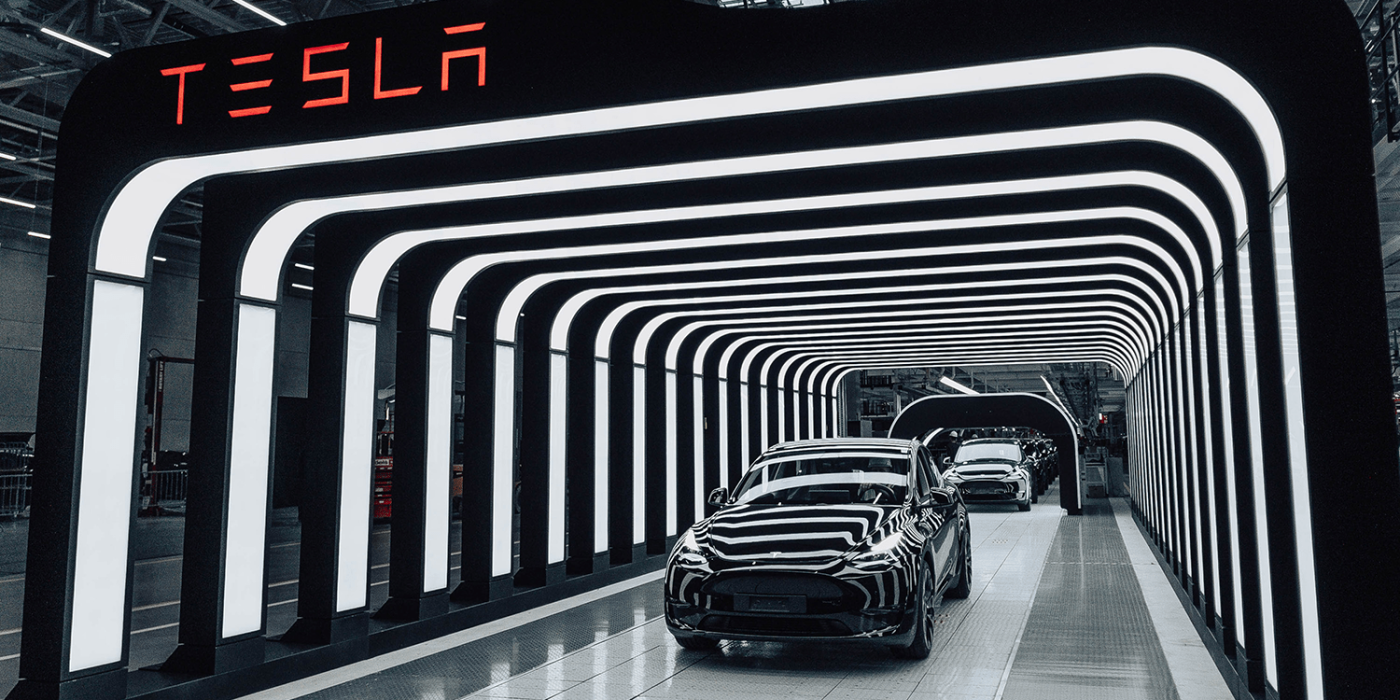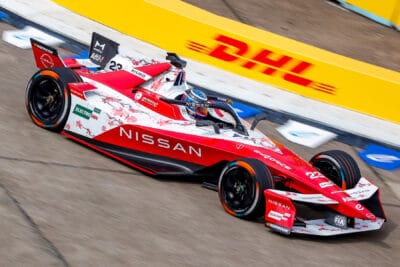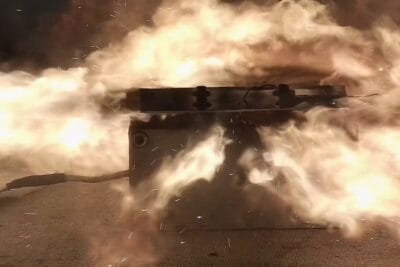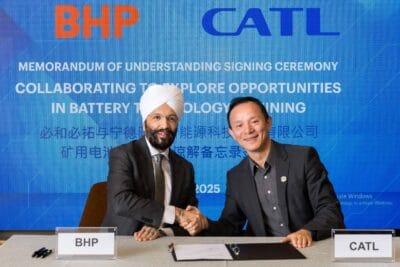Tesla starts utilising BYD batteries at Giga Berlin
According to industry insiders, BYD has started supplying LFP cells to Tesla, specifically to the plant in Grünheide, Germany. The first batch of Tesla Model Ys equipped with BYD’s ‘Blade’ batteries are expected to roll off the assembly line at Giga Berlin in a month at the earliest.
For the time being, Tesla has no plans to use BYD batteries in its China plant in Shanghai, reports the Chinese portal Sina Tech, citing several sources familiar with the events. The company will continue to install cells from CATL and LG Energy Solution there. Specifically, around 70 per cent of the battery cells installed in the Giga Shanghai come from CATL and 30 per cent from LGES.
The fact that BYD will supply LFP cells to Tesla had become apparent before – rumours to this effect had started to surface in 2021, and this June, a high-ranking BYD manager essentially confirmed the information. At that time, however, it was assumed that BYD would supply Giga Shanghai.
Tesla reportedly only builds the Model Y in Grünheide so far, so BYD Blade batteries are likely to be installed in the electric SUV. Whether this is a direct replacement of the previous battery packs consisting of 2170 round cells or LFP batteries for a new type of drive is unclear from the report. However, the latter is more likely.
Until now, industry circles assumed that Tesla would introduce 4680 cells with a structural battery pack as a second battery variant in addition to the 2170 cells for the Model Y Performance and some long-range models built in the meantime. The fact that a battery version without round cells and then immediately with LFP chemistry is being introduced would be new.
BYD’s Blade battery is LFP cells in a special format, they are very long and narrow. As lithium iron phosphate cells, they are free from materials such as nickel and cobalt. With the “sword”-like form and BYD’s proprietary cell chemistry, the Blade battery pack claims higher energy density than LFP cells in a more conventional form. According to earlier reports, up to 150 Wh/kg should be possible. In addition, BYD has repeatedly emphasised the high safety of this battery design.
A major advantage of the LFP batteries – apart from the fact that some critical materials are redundant – is the price: the portal PushEVs writes of “an estimated 55 euros per kilowatt hour”, or 64 dollars/kWh for the Blade battery. Disadvantages of the technology are the lower energy density and also the power output or consumption; the charging power is usually lower than that of batteries with NCM cells.
Back in Brandenburg, Tesla wants to increase the number of employees in its Grünheide plant from the current 5,000 this month, according to information from local TV channel RBB, in order to be able to work with a second fully staffed shift. In the future, the plant will work 24 hours a day in a three-shift system.
By the first quarter of 2023, Tesla aims to increase production at Giga Berlin to 5,000 electric cars per week. To optimise processes, Tesla interrupted production in Grünheide for a fortnight in July. According to information from RBB, one of the issues was a large casting robot that manufactures the rear body part of the Model Y. Too many of the parts produced were defective.
cnevpost.com (batteries), rbb24.de (Grünheide)





1 Comment